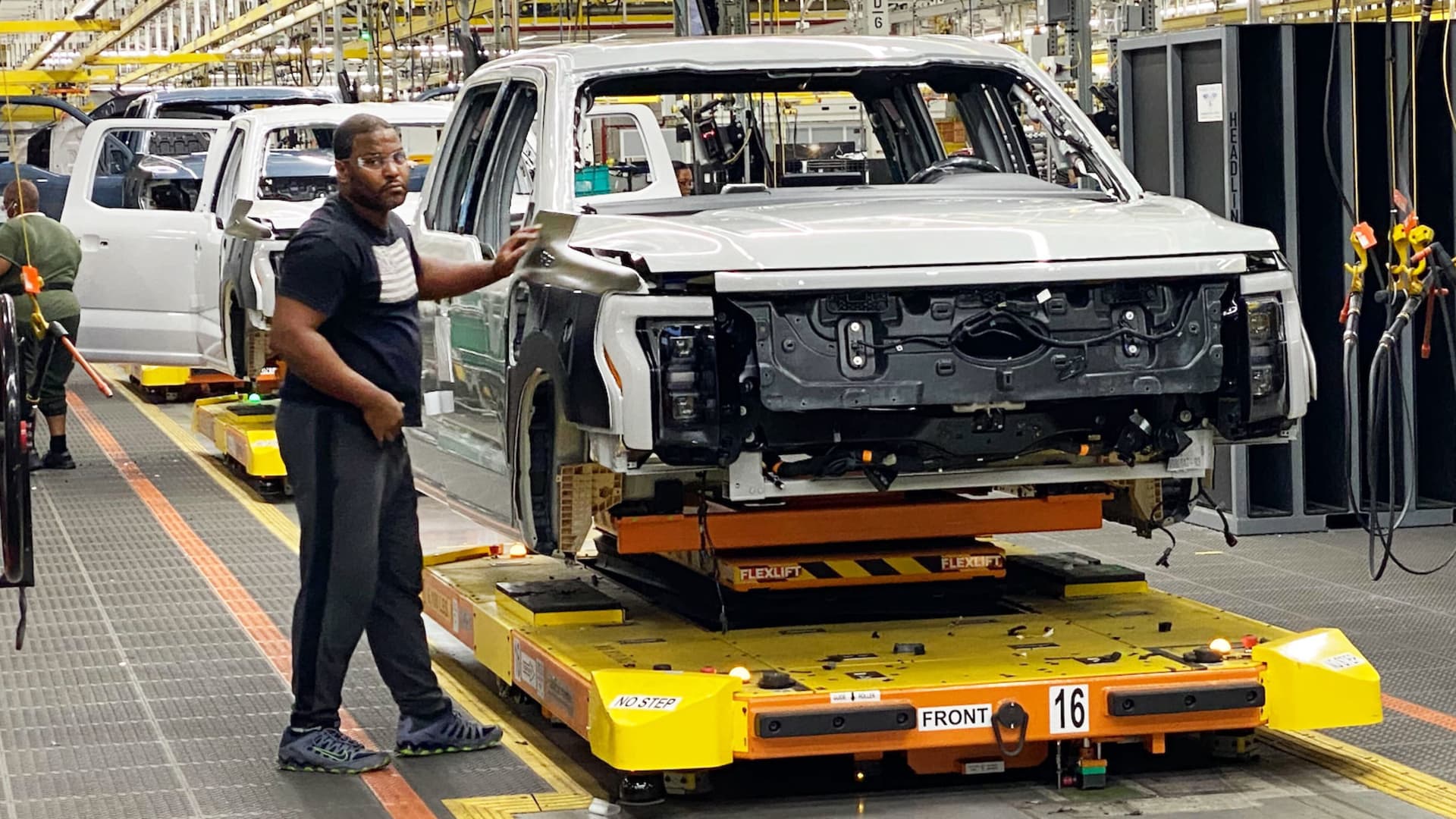I've not looked into the price delta but the first one I looked was Corolla Hybrid. From
New Cars, Trucks, SUVs & Hybrids | Toyota Official Site, if you click on Vehicles, the starting MSRP is only $1400 higher on the Corolla Hybrid vs non.
Besides next HyCam, some vehicles have just not been available as pure ICE only. Kia Niro for the US (can't speak to elsewhere) has been available only in 3 versions for current gen and previous gen: HEV, PHEV and EV.
While trying to look up/confirm something else, I found
Lincoln hybrid costs the same as a gas-only car from 2010.
As for "95%" of the way to... well, besides the missing inlet and on-board charger, HEVs usually have considerably smaller batteries (physical and in capacity) than PHEVs. I also stopped tracking NiMH vs. li-ion but for awhile as
Lithium-ion vs. nickel-metal hydride: Toyota still likes both for its hybrids alludes to, Toyota was using NiMH on some trim levels of some versions of hybrids.
The years seem a bit off in the article. For (gen 3) '10 to '15 Prius, the HEVs were NiMH only. The '12 to '15 Plug-in Prius (aka PiP) was li-ion.
For gen 4 Prius ('16 to '22), the plug-in (Prime) was always li-ion. For non-plugins, some trims were NiMH and some were li-ion.
Gen 1 and 2 were only HEV and only NiMH.




